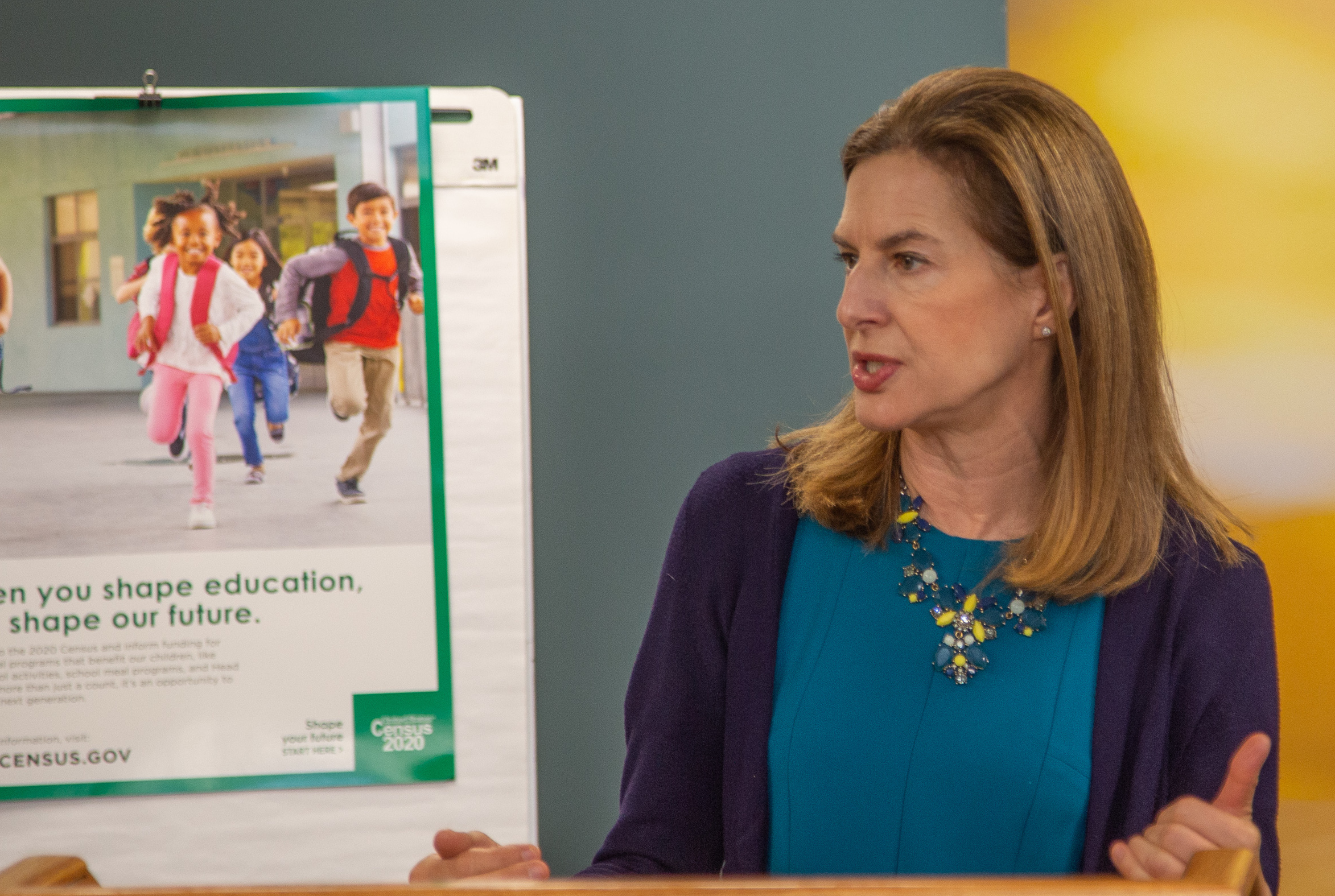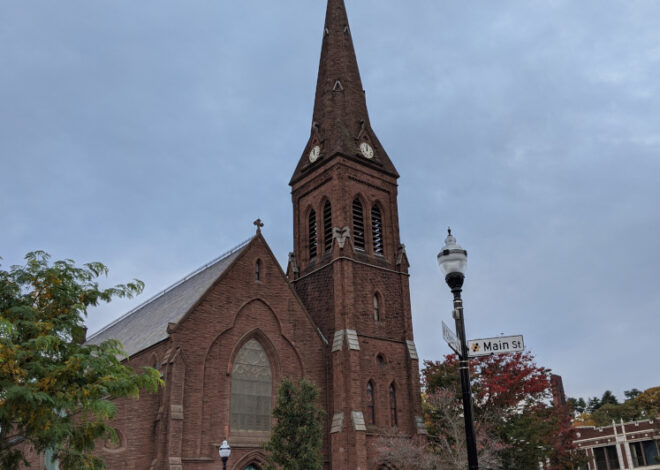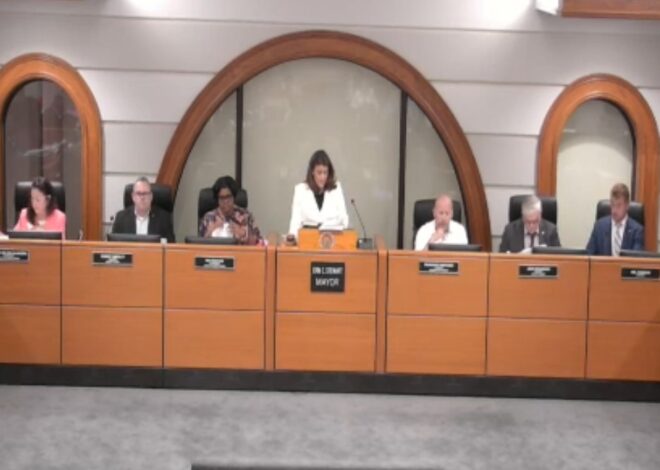Lt. Governor Susan Bysiewicz (D-CT) joined local leaders in New Britain to promote efforts to ensure that everyone is counted in the 2020 Census.
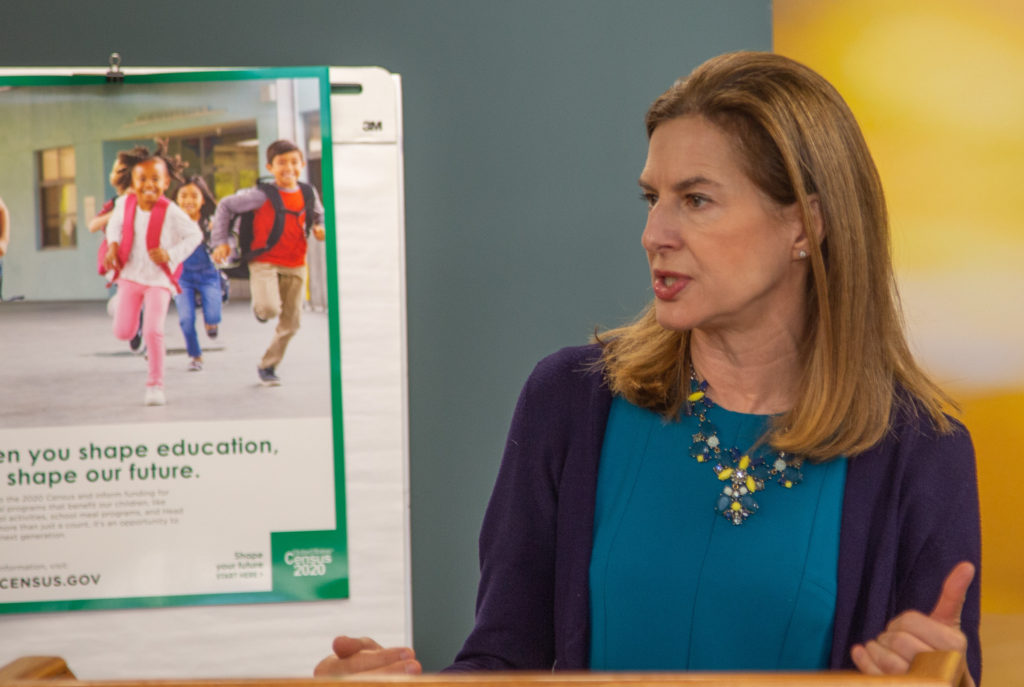
“An accurate census count is critically important to Connecticut as it is the foundation to determine $11 billion in official per capita federal funding for programs in New Britain and across the state,” Bysiewicz said.
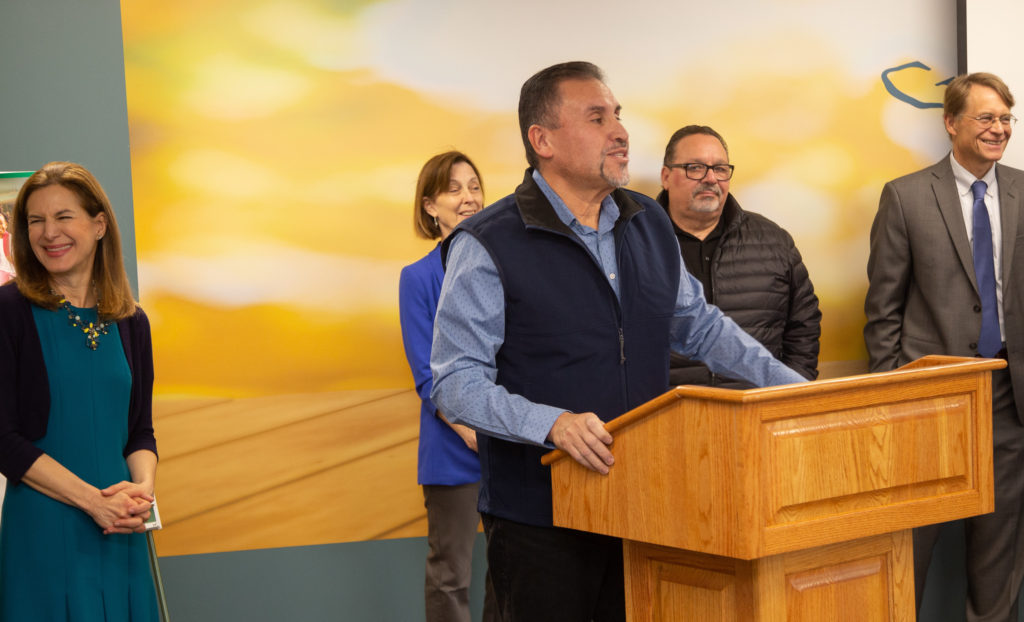
The census is a process, written into the United States Constitution, in which the federal government attempts to count everyone in the nation once every ten years. The count from the census is used to determine representation in the U.S. Congress, the state legislature and the City Council. It also determines how much federal funding is made available under various programs.
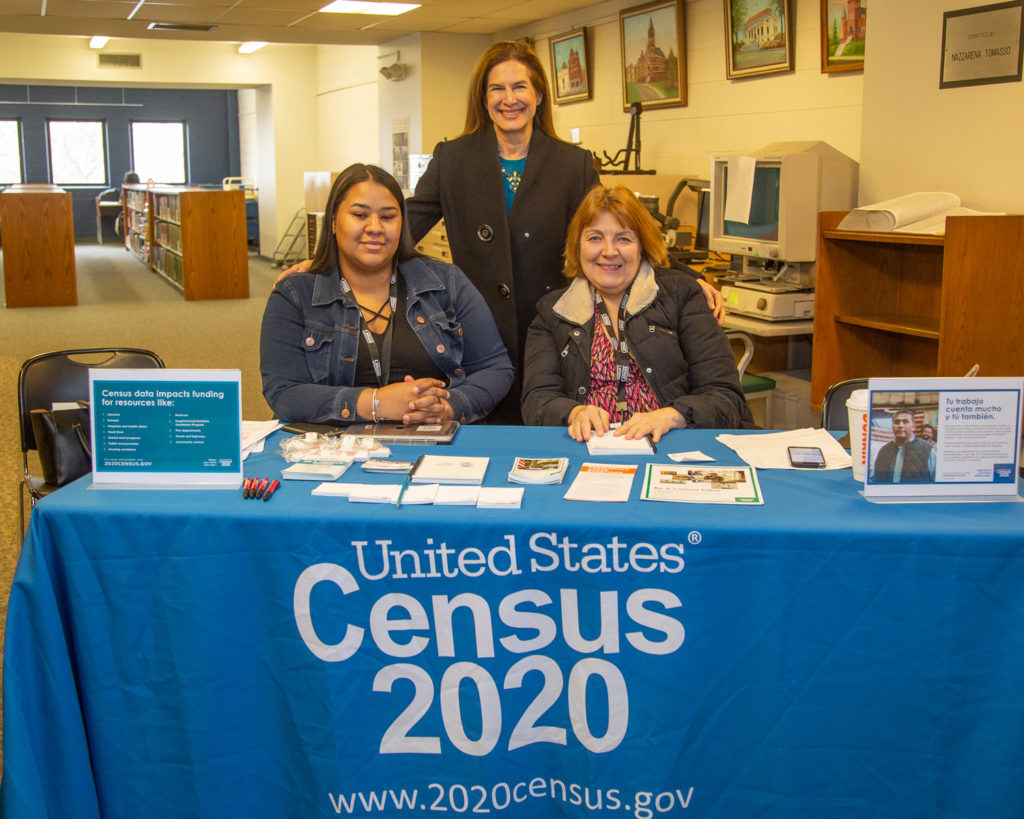
“Strategic planning is necessary to ensure that hard-to-count populations are not left out,” said Bysiewicz. “This includes racial and ethnic minorities, non-English speakers, low income communities, the homeless, undocumented immigrants, and those who do not live in traditional housing, among others.”
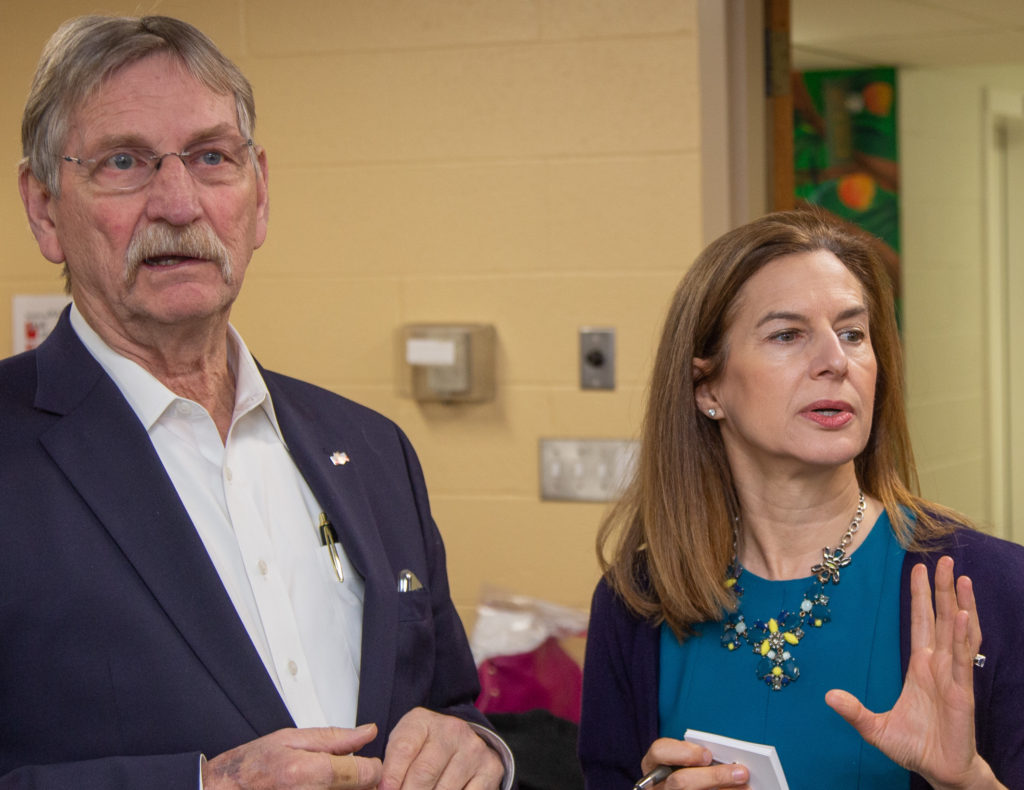
The Urban Institute has estimated that African Americans in Connecticut are at risk of being undercounted in the 2020 Census by 3.65%, apparently meaning that the Census could fail to count some 17,200 African Americans.
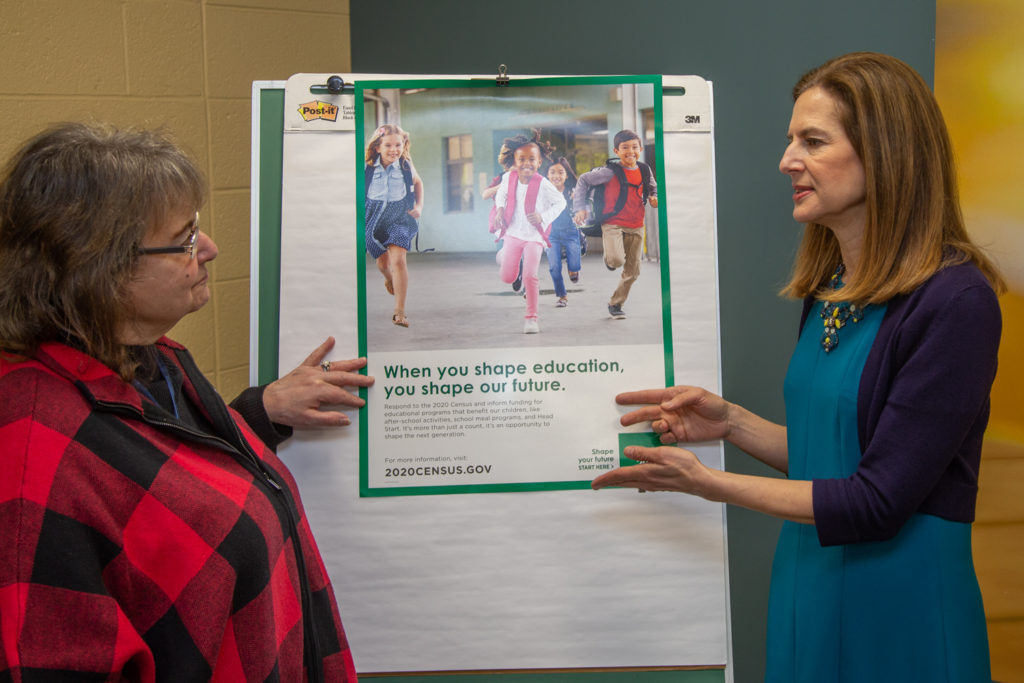
The Urban Institute estimated that Latino and Latina residents of Connecticut could be undercounted by 3.48%, apparently meaning that 21,500 Latino and Latina residents might not be counted.
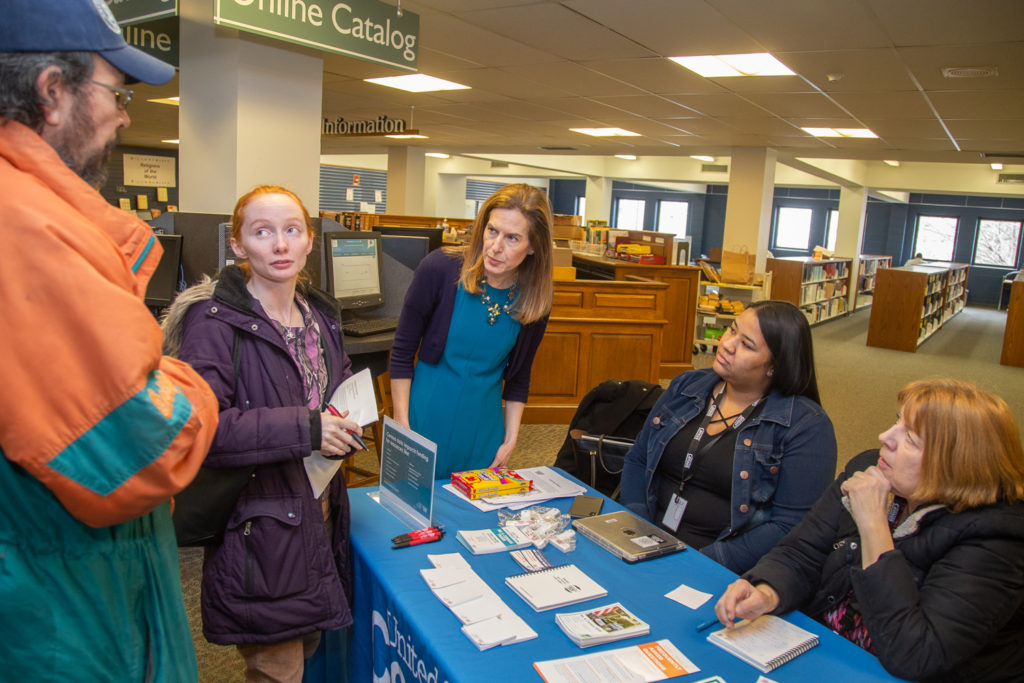
On the other hand, the Urban Institute estimates suggested that non-Hispanic whites could be overcounted, perhaps counting 5,500 more whites than actually live in Connecticut.
People who are not counted in the census actually receive less representation by federal, state and local elected offices, and their communities can be underfunded for key programs that might benefit them.
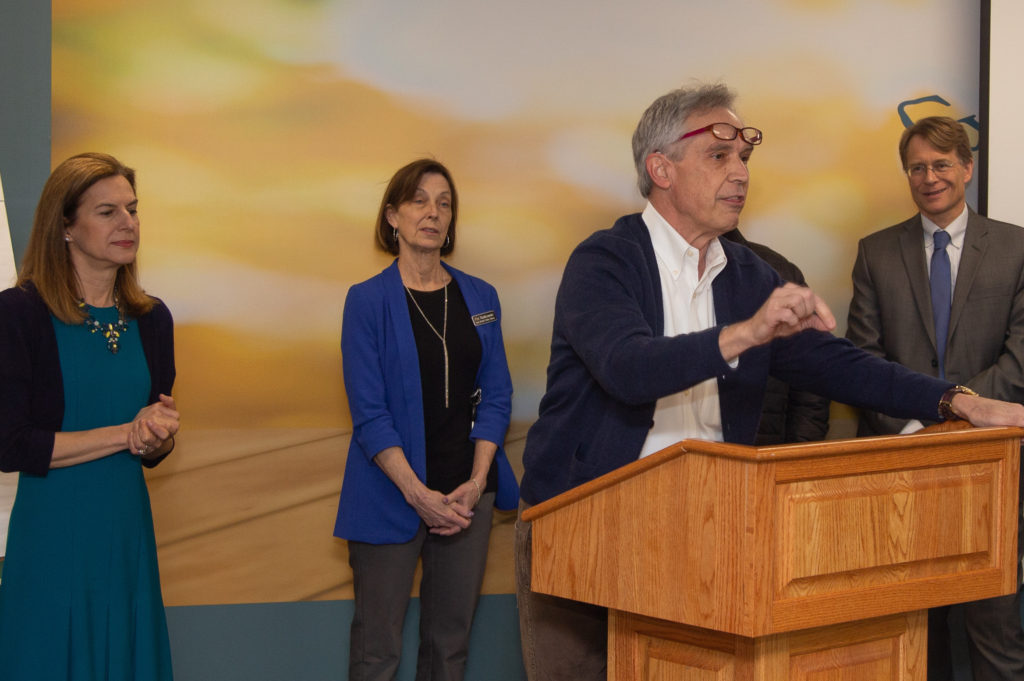
The Urban Institute explained its analysis, saying that, “Demographic changes over the last decade suggest that the population in 2020 will be harder to enumerate. Hard-to-count groups—including complex households, renters, young children, immigrants, and people of color—will represent a larger share of the population in 2020 than they did in 2010.”
The Urban Institute says that,
To counter the challenge of enumerating a nation that is harder to count, the 2020 Census will introduce operational changes like internet self-response to boost responses and the use of administrative records to fill in information for the missing population. Not only are these new additions insufficiently tested in a decennial census environment, but the best evidence suggests they will disproportionately improve the count of those who are already easiest to count, leaving the hard-to-count population a lingering challenge. In fact, our medium-risk scenario—where we assume the 2020 Census will perform exactly as anticipated—projects a less accurate count than that of 2010 precisely because of these changes.
Saying that, “political discourse about immigration and the citizenship question has created a potential chill among some groups in the country, including those who are Hispanic/Latinx-identified and immigrants,” the Urban Institute added that, “When entire communities are underrepresented in their count, they do not receive their rightful political voice or fair share of funding.”
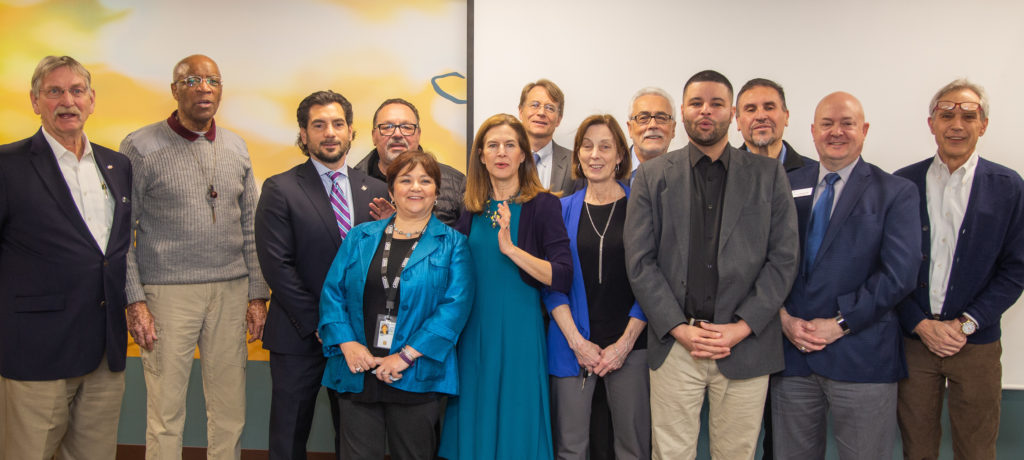
Bysiewicz’s office said that the event, held at the New Britain Public Library on January 28, 2020, was to, “provide key updates on the 2020 Census and the efforts of the local complete count committee formed last year by Mayor Erin Stewart.” Bysiewicz said, “I applaud Mayor Erin Stewart and everyone on the New Britain Complete Count Committee who have worked over the last year to ensure an accurate census count in their communities.”
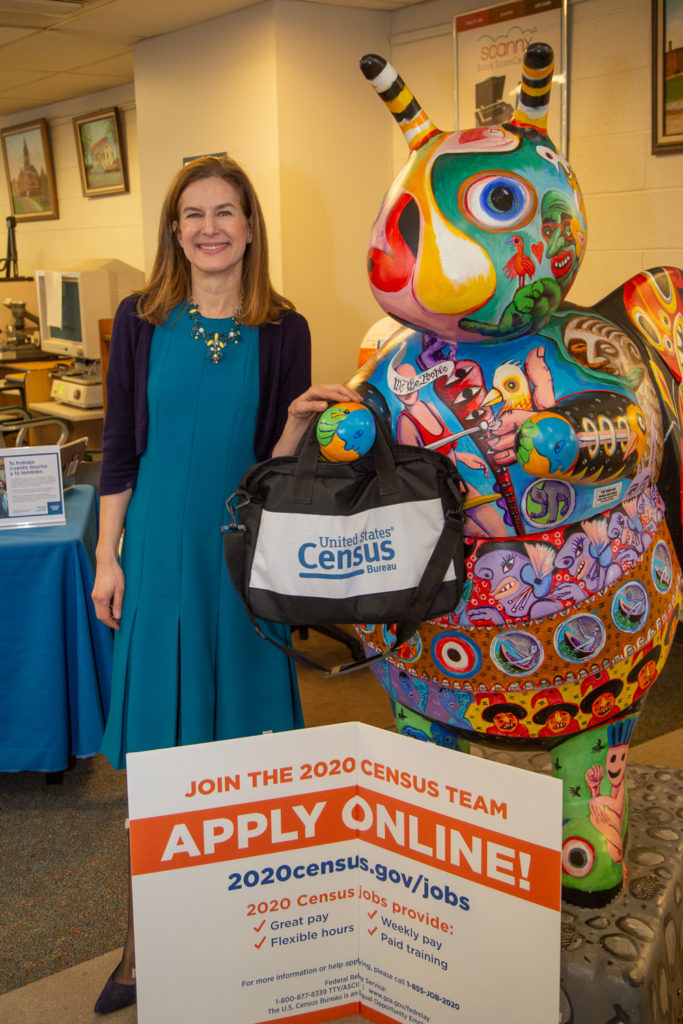
The United States Bureau of the Census has announced that it has been hiring for jobs performing the national census as part its work this year.

